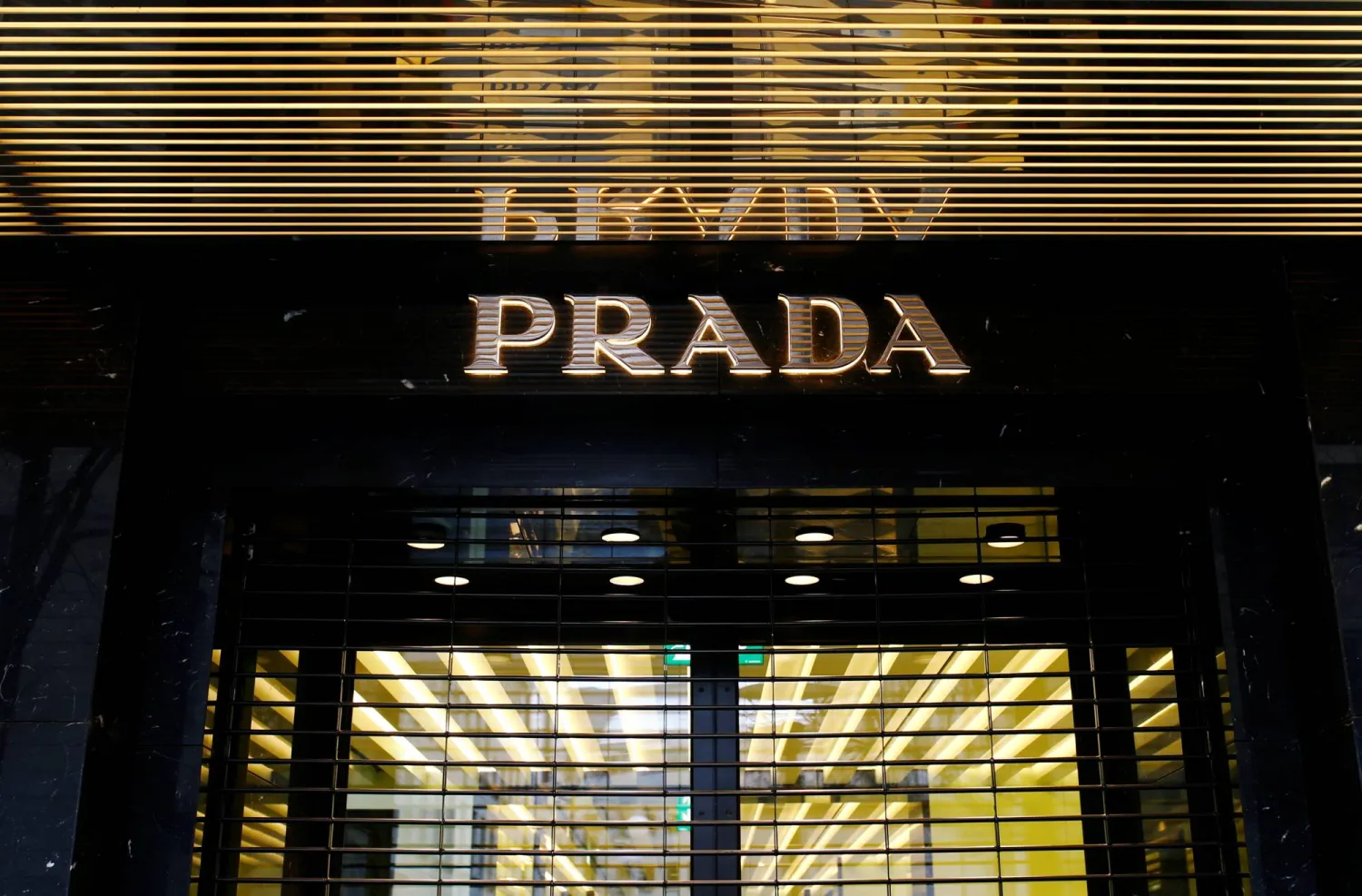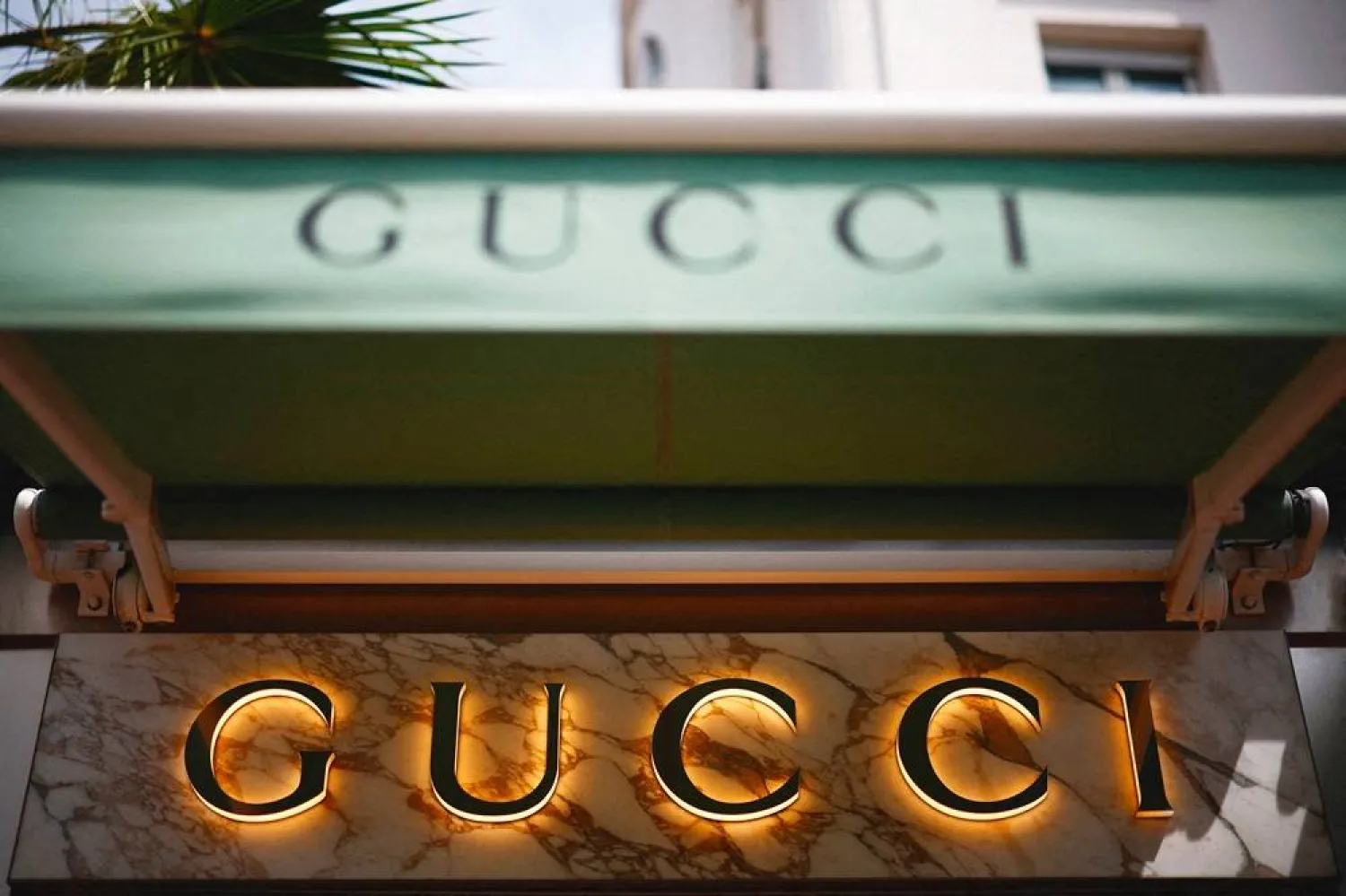The Saudi Fashion Commission launched on Tuesday “The Lab,” Saudi Arabia’s first-of-its-kind studio for fashion product development.
The launch event was attended by officials, industry specialists, media representatives, and government entities at The Lab's headquarters in the Mohammed bin Salman Nonprofit City, “Misk City,” in Riyadh.
Fashion Commission CEO Burak Cakmak said The Lab sheds light on the progress and prosperity of the fashion industry in the Kingdom, serving as the first studio of its kind in the region, situated in the heart of Riyadh.
He noted that the studio facilitates the fashion manufacturing process, enabling local designers and brands to easily achieve their creative visions.
The Lab enhances innovation and provides essential support throughout the fashion cycle, Cakmak added.
Cakmak said The Lab not only focuses on promoting creativity, but also supports sustainable practices within the industry, embodying a deep commitment to developing a thriving fashion ecosystem in Saudi Arabia.
Moreover, the Lab represents a qualitative leap and an unprecedented initiative in the fashion industry in the Kingdom, he stated.
It provides advanced infrastructure equipped with cutting-edge technologies to boost manufacturing capabilities and foster innovation within the Kingdom.
The studio also offers local designers and businesses the opportunity to showcase their creativity under the “Made in Riyadh” label, Cakmak said.
Misk City CEO David Henry said The Lab aims to develop fashion products in the city, serving as a distinctive mark that will elevate the fashion industry in the Kingdom.
The studio will also allow local designers and businesses to showcase their creations at both the local and global levels, Henry added.
He highlighted Misk City’s contribution to promoting national retail brands in the fashion sector and supporting and developing small and medium-sized local companies.
The Lab highlights the broad support for the development of the fashion sector and aims to enhance the partnership between the Fashion Commission and Misk City.
Additionally, the studio seeks to support cooperation in the development of education and training programs for young Saudi designers and open new avenues for investment in the fashion sector in Saudi Arabia.
This positions The Lab as the starting point for hosting fashion events and festivals in Misk City.
The launch event was attended by Misk Foundation CEO Badr Al-Badr and the foundation’s deputy CEO Omar Najjar.









